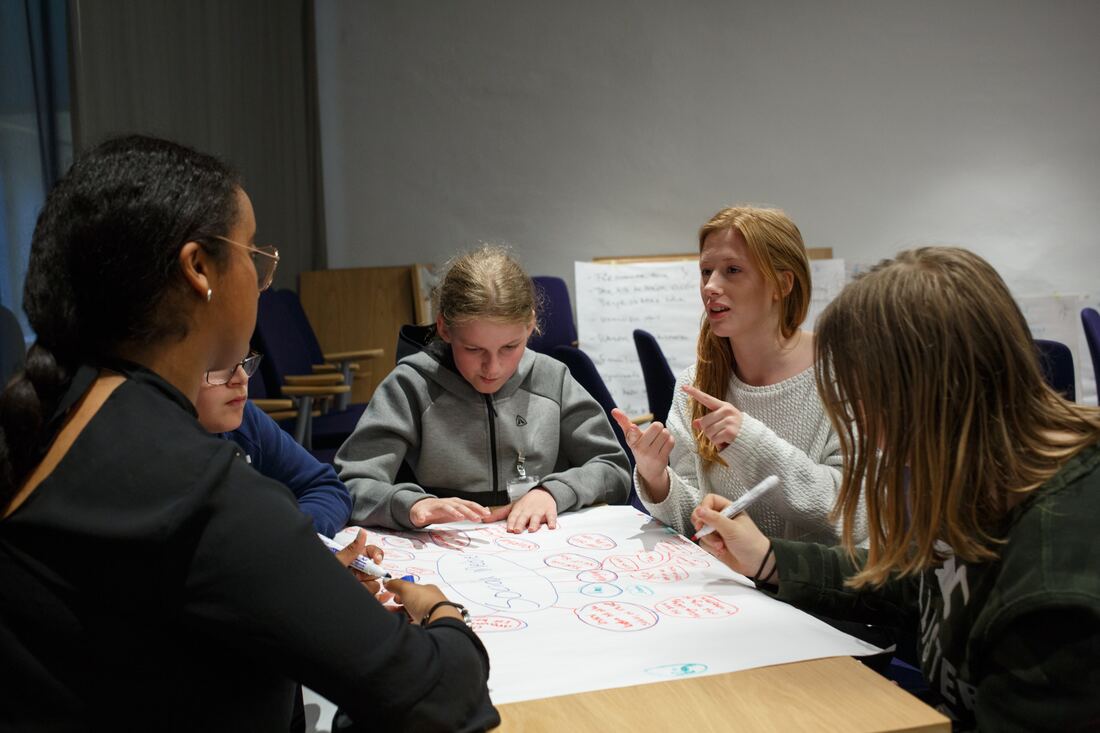Grades 6-12
2023 - 2024 REGISTRATION IS NOW OPEN!
CLICK HERE TO REGISTER TODAY!
REGISTRATION CLOSES ON SEPTEMBER 1st
|
|
What is Discipleship?Discipleship is mentoring someone in the Christian life and helping them to grow closer to Christ that they may be strong enough to tell others the Good News of Jesus Christ. Jesus' plan to reach the world was through the multiplication of disciples, which is why He asked us to “go therefore and make disciples of all nations.” (Matthew 28:19). In the practice of discipleship we are working to fulfill our baptismal call to be missionary disciples of Christ!
What Role do Parents Play?Parents play the most important role in the spiritual formation of their children. They have the most time with their child and therefore the most opportunities to discuss the faith and how it applies to their lives. A powerful engine for personal conversion for young people is when they see their parents admit their weaknesses, express their need for God’s mercy, and witness their efforts to grow in grace. This is why YDisciple provides resources for parents to grow and discuss matters of the faith with their child.
Young people are in a developmental phase of becoming their own person and therefore they often question their parent’s beliefs and values. This is why other adult mentors in the lives of their teens are a great help to parents. However, a parent’s love and encouragement is what makes all the difference. |
What do Small Groups Look Like?YDisciple small groups are formed of 5-8 young people of the same gender and grade level. Each small group will have two adult leaders of the same gender as the group, at least one of them being a parent but not normally a parent of a young person in the group.
Small groups will meet 2–4 times a month for approximately 90 minutes. Parents welcome everyone, provide snacks, and socialize for about 15–20 minutes before allowing the group to have privacy for their meeting in the home or other meeting place. YDisciple advocates for building small groups of young people who already know each other. By starting with young people who are already friends and have common interests, we are able to build upon a foundation of trust already present. This is key to establishing confidentiality, transparency, and accountability. In addition, if young people are from the same class and school, they can begin integrating their faith into their daily life, through the support of their friends, as opposed to compartmentalizing their faith to an hour on Sunday. The question is often asked: “Does this strategy encourage cliques?” In fact, the opposite is the case. Cliques form due to the insecurities of young people. Through establishing a close brotherhood and sisterhood, young people become more secure in who they are. This is key if we want to move them to missionary outreach to their peers. |




